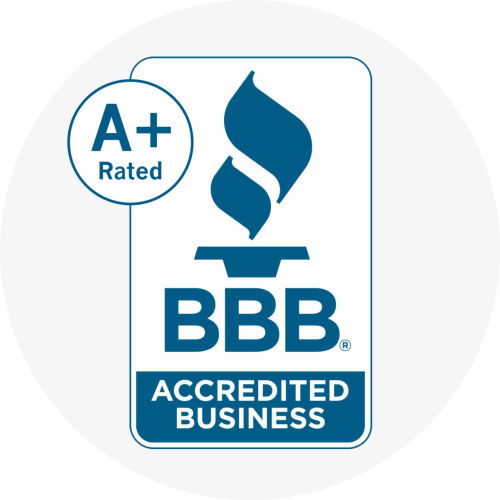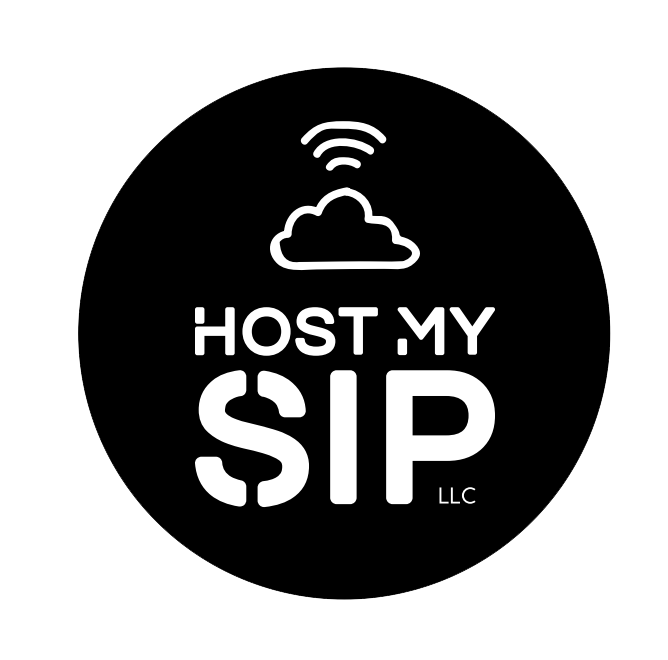Cloud services and hosted services are two of the most common forms of IT infrastructure. Cloud services, like cloud computing and enterprise cloud, are hosted in a remote location.
On the other hand, hosted services can be accessed over the internet by users with accounts with a service provider.
Both cloud and hosted services make IT operations more efficient for businesses. However, they have some important differences that business leaders need to understand in order to realize which is the most suitable for their organizational needs.
This article will discuss what cloud and hosted services are, and the pros and cons of each.
What Is Cloud Services?
Cloud services are web-enabled, which means that you can access them over the internet. They reside on servers, not individual computers.
Businesses can access cloud services via a web browser and scale up or down as needed.
Cloud services are usually more scalable than hosted systems, which means that they’re cheaper and more flexible.
A key defining factor for cloud services is the focus on interconnectivity and collaboration: Cloud-based tools allow users to share information with others in real time (like video conferencing) while maintaining complete control of their data in one location.
Examples Of Cloud Services
There are many cloud services available. Here are some examples:
Microsoft Office 365
Microsoft Office 365 offers email, chat, and calendaring tools.
Azure
Azure is Microsoft’s cloud computing platform; it provides managed services for developers who want to build applications in the cloud with hyper-scale capabilities.
Slack
Slack is an instant messaging tool that works on desktop or mobile devices. Companies use it internally, and individuals can communicate with friends and family members via this platform.

Google Suite
Google Suite (formerly known as Gsuite) includes productivity tools like Gmail, Docs/Sheets/Slides, Calendar, and Hangouts conferences. These enable users to collaborate on documents with others across the globe in real time!
Pros Of Cloud Services
Here are some of the pros and cons of cloud computing.
Cost-effectiveness
Cloud services may be cheaper than on-premises options because you don’t have to purchase hardware and software. You also don’t need to pay for hardware maintenance and upgrades.
Easier Management
With cloud computing, you don’t have to manage servers or storage, which can be time-consuming and expensive. Instead, you just manage the applications on those servers and store data in the cloud.
Reduced Downtime
If a server goes down or storage fails, it won’t affect other parts of your business because all data is stored remotely in multiple locations across multiple devices.
In case of a disaster, only one location would need to be restored instead of many locations — which would take much less time and money than restoring each device separately.
Improved Security
With the rise of cybercrime and identity theft, your data must be secure and protected from hackers and other threats.
When you store your data in the cloud, it’s encrypted and stored on multiple devices worldwide so that only authorized users can access it.
Cons Of Cloud Services
Cloud services offer convenience, but they also come with some drawbacks. Here are a few of the biggest ones to be aware of.
Use Need A Solid Internet Connection
In order to use the cloud, you need a strong, reliable internet connection. If it is interrupted, your work processes will be affected.

Extra Storage Will Cost You
If you max out your storage capacity and seek extra space, this is likely to cost you additional charges.
What Is Hosted Services?
“Hosted services” and cloud services are both hosted solutions, but they differ in mode of delivery. With a hosted solution, your company will access technology via a provider and not from within your building.
Hosted services reside in physical servers that could be nearby or far away from you. Cloud services are based in virtual servers on the cloud, and you can access them over the web.
Businesses can access hosted solutions through either an internet connection (often via VPN) or remote desktop software.
These connections are known as “private” networks because only users with access rights can connect to them over the internet or dial them via phone.
Examples Of Hosted Services
Hosted services are available in a variety of forms. Some of the most common include:
Email Service
Hosted email services allow you to send and receive emails without having to set up your server, which makes them ideal for small businesses that don’t have dedicated IT support staff.
Web hosting is one of the most popular hosted solutions available today. It allows owners to create their websites on a shared server rather than paying for expensive dedicated web hosting systems.
Telephony services, including VOIP, SIP and PBX solutions: Hosted telephony solutions allow companies to make calls through their existing internet connections instead of having physical landlines installed throughout their office space.
Pros Of Hosted Services
There are many advantages to using hosted solutions.

Scalability
Hosted services offer more flexibility than cloud services, and are also easily customizable to meet your business needs if you require more space or processing power.
Reduced Risk
With hosted solutions, service providers manage any maintenance issues, and data loss; so downtime is minimized.
Security
You may have fewer security risks with a hosted solution than with cloud solutions. Hosted services are more secure than cloud services, as with a hosted service, your data resides on a dedicated server.
Cloud services, on the other hand, operate on the premises of sharing, and you don’t have control over your data. Hosted services also include additional security features, such as firewalls and authentication systems, to protect your data.
Cons Of Hosted Services
Some of the drawbacks of hosted services include the following.
Costs
Hosted services can be expensive if your business doesn’t have a large budget for IT expenses. Hosting costs vary widely depending on the provider, but it’s generally on a pay-as-you-go model.
On the other hand, cloud services use a subscription model, so you only pay for what you use.
Flexibility
Hosted applications are not portable, meaning that they will not work on other systems and platforms without some modifications.
They may also come with unnecessary third-party software that might be excessive for your application or business needs.
Conclusion
There is a place for both cloud and hosted services in business environments. Each comes with an array of uses, benefits, and drawbacks.
Stellar Communications provides the leading edge of hosted business telephony solutions. We can help you enhance and streamline business communications through our robust and cost-effective hosted VOIP and PBX solutions.









